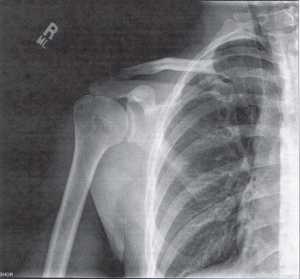16 Jan Snowboarders Have More Upper Body Injuries Than Skiiers
MedicalResearch.com Interview with:
 Dr. Brett D Owens, MD
Dr. Brett D Owens, MD
Dr. Owens is currently Team Physician for the US Lacrosse National Men’s Team, and
Team Physician for Brown University
Professor at Uniformed Services University and Professor at Brown University
Alpert School of Medicine
MedicalResearch.com: What is the background for this study? What are the main findings?
Response: This study is a review of the literature on ski and snowboarding injuries. We summarize findings by our group and others on the injuries seen with these snow sports and report an overall increase in injuries as participation continues to increase.
Snowboarders have a higher injury rate and there are different injury patterns with skiers experiencing more lower extremity injuries (knee) and snowboarders experiencing more upper extremity injuries (wrist, shoulder, etc.).
MedicalResearch.com: What should readers take away from your report?
Response: Snow sports are fun and healthy winter activity and participation continues to increase. Athletes and the clinicians who care for them have to be aware of the injury risks, and providers need to help lead education on injury prevention measures.
MedicalResearch.com: What recommendations do you have for future research as a result of this work?
Response: Continued research on sports epidemiology is ongoing and continues to help inform the care of athletes.
Citations:
Comprehensive Review of Skiing and Snowboarding Injuries
Owens, Brett D. MD; Nacca, Christopher MD; Harris, Andrew P. MD; Feller, Ross J. MD
JAAOS – Journal of the American Academy of Orthopaedic Surgeons: January 1, 2018 – Volume 26 – Issue 1 – p e1–e10
doi: 10.5435/JAAOS-D-16-00832
Review Article Journal of the AAOS
MedicalResearch.com is not a forum for the exchange of personal medical information, advice or the promotion of self-destructive behavior (e.g., eating disorders, suicide). While you may freely discuss your troubles, you should not look to the Website for information or advice on such topics. Instead, we recommend that you talk in person with a trusted medical professional.
The information on MedicalResearch.com is provided for educational purposes only, and is in no way intended to diagnose, cure, or treat any medical or other condition. Always seek the advice of your physician or other qualified health and ask your doctor any questions you may have regarding a medical condition. In addition to all other limitations and disclaimers in this agreement, service provider and its third party providers disclaim any liability or loss in connection with the content provided on this website.
Last Updated on January 16, 2018 by Marie Benz MD FAAD
